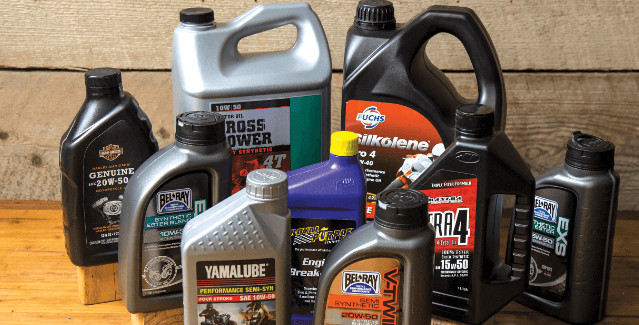Choosing The Perfect Bike Engine Oil: Tips And Tricks

Selecting the perfect bike engine oil ensures your two-wheeler’s longevity and optimal performance. With various types, grades, and additives available, making an informed choice is essential. In this guide, we will explore valuable tips and tricks to assist you in choosing the right engine oil, considering factors like bike type, oil type, grades, and more. Additionally, we will touch upon the importance of a two-wheeler insurance policy.
The bike’s engine, akin to a heart, transforms fuel into mechanical power through various components. Engine oil is vital in reducing wear and friction, ensuring smooth operation. It lubricates the engine, minimises heat production, and boosts fuel efficiency. Regular oil changes are crucial for revitalising the engine and improving mileage. Now, let’s explore how to choose the best engine oil for your bike.
Expert Advice On Selecting Bike Engine Oil
- Evaluate Your Bike
Before comparing brands, assess your bike, considering factors like make, model, operating conditions, and riding style. Whether cruising on highways or navigating heavy traffic, understanding your bike’s usage is key to selecting the appropriate engine oil.
- Recognise The Oil Type
Engine oils come in three types: mineral, semi-synthetic, and fully synthetic. Mineral oils suit smaller engines, offering adequate protection despite shorter lifespans. Semi-synthetic oils are versatile and suitable for mid-sized motorcycles, while fully synthetic oils, with superior lubrication and temperature resistance, are ideal for larger engines.
- Understand Oil Grades
Grades, denoted by a combination like 10W or 5W, indicate viscosity. The “W” signifies “Winter,” with lower numbers preferable for cold starts. Another number, 10W30, represents the oil’s ability to maintain consistency at high temperatures.
- Seek Supplementary Materials
Modern engine oils contain additives for cleaning, neutralising acidity, removing deposits, and preventing corrosion. Checking for these additives is essential, as they contribute to the engine’s longevity and performance.
- Consider Riding Style
Your riding habits influence oil selection. For daily commutes, mineral oil may suffice, while semi-synthetic oils offer a slightly longer drain interval. Fully synthetic oils are optimal for long rides or harsh weather conditions, providing superior performance in challenging environments.
The choice of bike engine oil significantly impacts your two-wheeler’s health and performance. You can make an informed decision by understanding your bike’s specifications, recognising the type and grade of oil, and considering your riding habits.
Securing a two wheeler insurance policy is remarkably easy, with many insurers offering convenient online platforms for quick and hassle-free purchases. Whether you choose comprehensive coverage or third-party insurance, the process is streamlined, allowing riders to obtain the necessary vehicle protection with minimal effort. Claims are subject to terms and conditions set forth under the motor insurance policy. *
A two-wheeler third-party insurance policy is mandatory by law. It protects the policyholder financially against liabilities arising from damages or injuries caused to a third party during an accident involving the insured two-wheeler.
Additionally, ensuringyou renew your two-wheeler insurance policy is crucial for comprehensive protection. With these tips and tricks, you’ll enhance your bike’s performance, contribute to its longevity, and safeguard against unforeseen circumstances. Regular maintenance and a well-chosen insurance policy ensure a smooth, worry-free riding experience.
*Standard T&C Apply
Disclaimer: The content on this page is generic and shared only for informational and explanatory purposes. It is based on several secondary sources on the internet and is subject to changes. Please consult an expert before making any related decisions.
Insurance is the subject matter of solicitation. For more details on benefits, exclusions, limitations, terms, and conditions, please read the sales brochure/policy wording carefully before concluding a sale.




